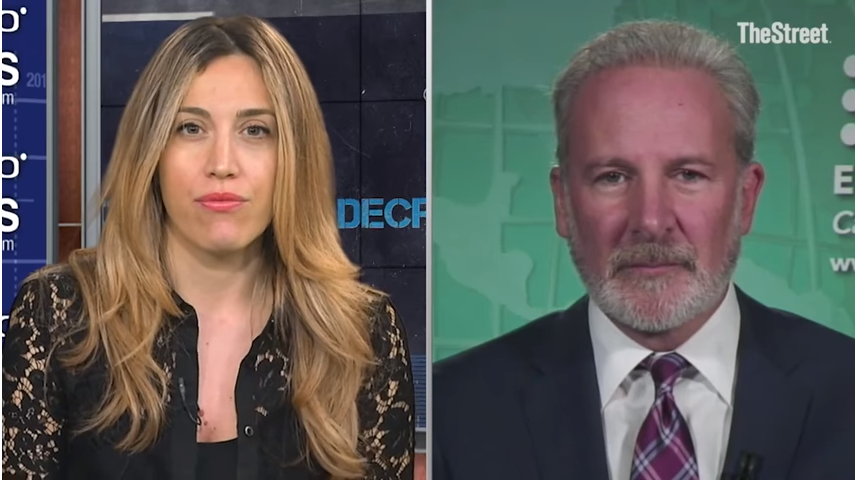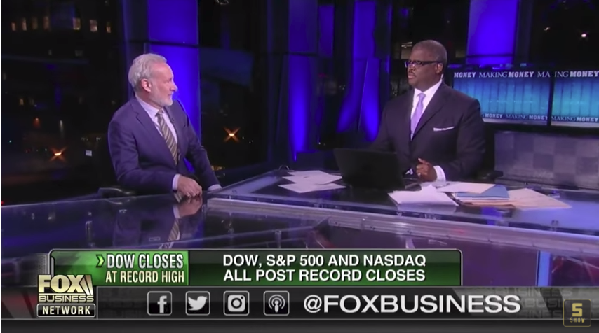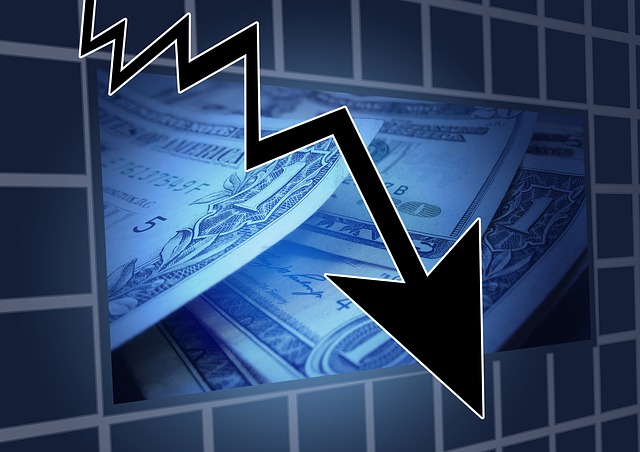We talk a lot about how central banks serve as the primary force driving the business cycle. When a recession hits, central banks like the Federal Reserve drive interest rates down and launch quantitative easing to stimulate the economy. Once the recovery takes hold, the Fed tightens its monetary policy, raising interest rates and ending QE. When the recovery appears to be in full swing, the central bank shrinks its balance sheet. This sparks the next recession and the cycle repeats itself.
This is a layman’s explanation of the business cycle. But how do the maneuverings of central banks actually impact the economy? How does this work?
The Yield Curve Accordion Theory is one way to visually grasp exactly what the Fed and other central banks are doing. Westminster College assistant professor of economics Hal W. Snarr explained this theory in a recent Mises Wire article.
US equities are at an all-time high. Investors are bullish about the future. A lot of people are excited about the potential for economic growth with the passage of GOP tax cuts. There’s a lot of optimism.
In a recent interview on The Street, Peter Schiff said he thinks 2018 may start out the same, but he sees clouds on the horizon, especially when it comes to the dollar.
When I was a kid, my mom always went shopping on the day after Christmas. She wasn’t going out to spend her Christmas cash on some goody Santa failed to leave under the tree. She went out with the express purposes of buying Christmas cards, wrapping paper and decorations.
But why go out and buy Christmas items the day after Christmas? After all, you’re not going to need that stuff for about 11 months.
So what are we to make of the continuing stock market climb?
Peter Schiff summed it up succinctly in a recent interview on Fox Business.
Well look, I think it’s a bubble.”
On Sept. 22, Peter Schiff spoke at the Nexus Conference in Aspen, Colorado, and argued that the financial crisis in 2008 was just the opening act. The real crisis will result from the way the government and the Federal Reserve responded to the 2008 crash.
I don’t think 2008 was the crisis. I think that was kind of the overture to this opera.”








